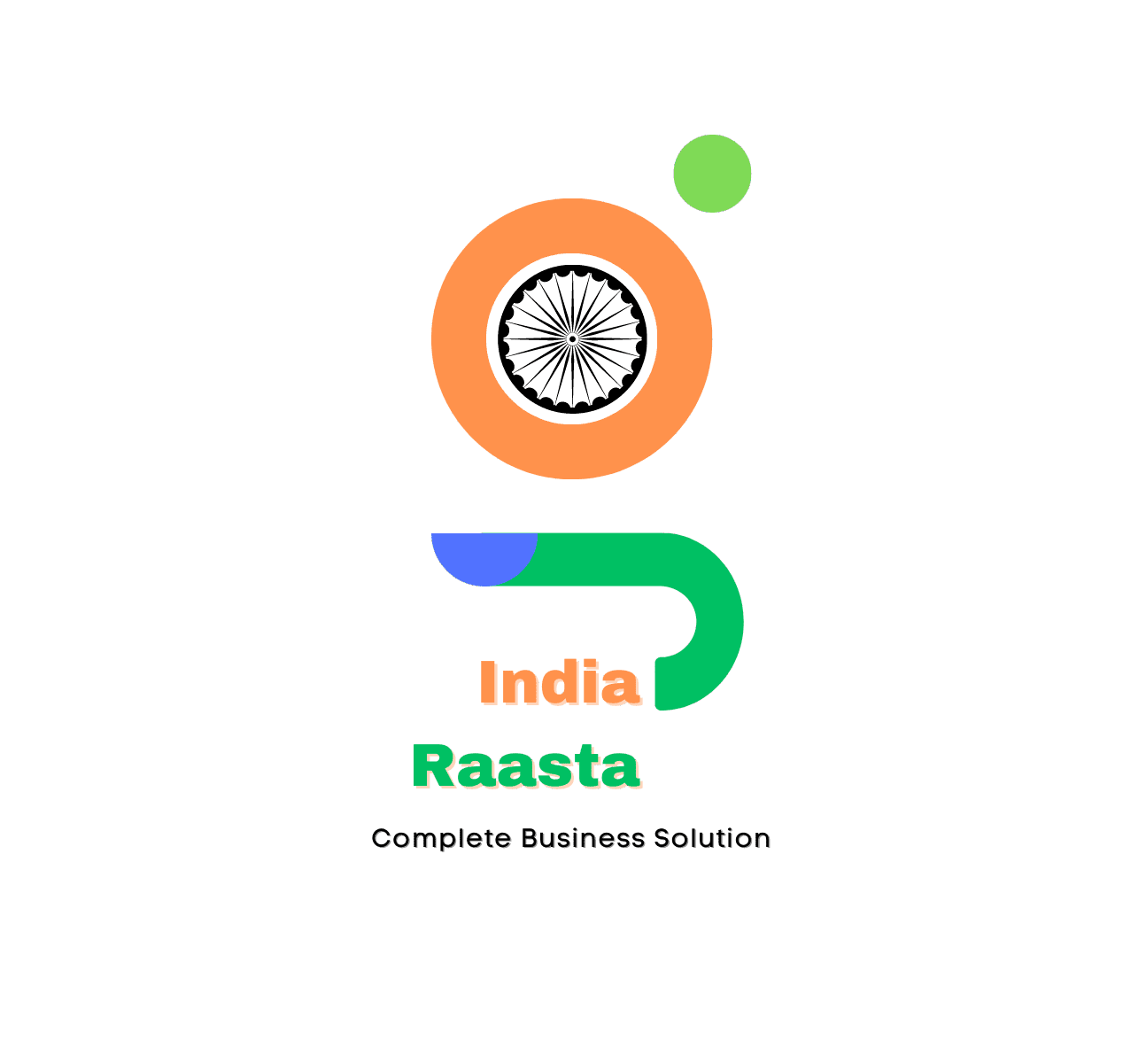Government Licenses
In India, every business—small or large—must obtain the relevant government licenses and registrations to operate legally. These licenses act as official approval from the government to carry out specific business activities, ensuring compliance with rules, safety, taxation, and quality standards.
Failure to obtain the required licenses can lead to heavy penalties, business closure, or legal action. Therefore, understanding the types of licenses and their importance is critical for every entrepreneur.
At IndiaRaasta, we provide complete guidance and end-to-end support in applying, managing, and renewing government licenses across India.
Importance of Government Licenses for Businesses
- Provides legal recognition to business activities
- Ensures compliance with state and central laws
- Protects consumer rights and promotes transparency
- Helps in gaining customer trust and brand credibility
- Makes businesses eligible for loans, government schemes, and tenders
- Avoids legal penalties and business closure
Major Types of Government Licenses in India
1. GST Registration
- Mandatory for businesses with turnover above ₹40 lakhs (₹20 lakhs for service providers).
- Required for inter-state trade and e-commerce sellers.
- Provides a unique GSTIN number for tax compliance.
2. Trade License
- Issued by the Municipal Corporation.
- Mandatory for shops, restaurants, and commercial establishments.
- Ensures that business activities follow safety and health regulations.
3. Shop and Establishment Act License
- Required for shops, offices, cafes, hotels, and small businesses.
- Governs working hours, employee rights, and workplace conditions.
- Issued by the State Government.
4. FSSAI Food License
- Mandatory for businesses dealing in food manufacturing, processing, distribution, or sales.
- Issued by the Food Safety and Standards Authority of India.
- Three types: Basic, State, and Central License.
5. Import Export Code (IEC)
- Issued by the Directorate General of Foreign Trade (DGFT).
- Mandatory for businesses involved in import/export.
- Valid for lifetime, no renewal required.
6. Udyam / MSME Registration
- Recognition for micro, small, and medium enterprises.
- Helps in availing subsidies, tax rebates, and loan facilities.
- Promotes business under Startup India and Make in India initiatives.
7. Professional Tax Registration
- Applicable in states like Maharashtra, Karnataka, and Gujarat.
- Mandatory for businesses employing salaried staff.
- A state-level tax collected on income from employment.
8. EPF (Employees’ Provident Fund) Registration
- Mandatory for companies with 20 or more employees.
- Provides retirement and savings benefits to employees.
- Controlled by the EPFO (Employees Provident Fund Organization).
9. ESIC (Employees State Insurance) Registration
- Mandatory for establishments with 10 or more employees earning less than ₹21,000 per month.
- Provides medical and insurance benefits to employees.
- Managed by the Employees’ State Insurance Corporation.
10. ISO Certification
- Not a government license but an important compliance certification.
- Proves adherence to international quality standards.
- Common standards: ISO 9001 (Quality), ISO 14001 (Environment), ISO 45001 (Health & Safety).
11. Other Specific Licenses
- Fire Safety License (for restaurants, hotels, factories)
- Pollution Control Board NOC (for manufacturing and industrial units)
- Drug License (for pharmacies and medical businesses)
- BIS Certification (for product quality standards)
- Trademark Registration (for brand and intellectual property protection)
Documents Required for Government Licenses
- PAN Card of business/owners
- Aadhaar Card
- Passport-size photographs
- Business address proof (Electricity bill, Rent agreement, NOC)
- Partnership Deed / MoA / AoA / LLP Agreement (if applicable)
- Incorporation Certificate (for registered companies)
- Bank account details
- Specific documents depending on license (like FSSAI, GST, IEC, etc.)
Step-by-Step Process of Getting a Government License
- Identify the licenses required for your business activity.
- Prepare the necessary documents.
- Apply online/offline with the relevant authority (MCA, DGFT, FSSAI, State Govt, etc.).
- Pay the required government fees.
- Track application status and respond to clarifications.
- Receive approval/license certificate.
- Renew licenses on time (if applicable).
IndiaRaasta helps businesses at every step, ensuring fast and hassle-free approvals.
Cost of Government Licenses
The cost varies depending on the license type:
- GST Registration – Free (Govt.) + Professional Fees
- Trade License – ₹2,000 to ₹15,000 (depends on state)
- Shop Act License – ₹1,000 to ₹5,000
- FSSAI License – ₹1,500 to ₹10,000
- Import Export Code (IEC) – ₹500 (Govt. fee)
- EPF/ESI Registration – ₹3,000 to ₹7,000 (Professional charges)
- ISO Certification – ₹7,000 onwards
Why Choose IndiaRaasta for Government Licenses?
- End-to-end assistance with all types of licenses
- 100% online process, no need to visit offices
- Lowest professional fees in India
- PAN India services covering all states
- Fast approval with minimal documentation
- Post-license support for renewals and compliance
Conclusion
Government licenses are the backbone of a legally compliant business in India. Whether you are starting a food outlet, import-export business, retail shop, or IT company, obtaining the right licenses ensures smooth operations, legal protection, and long-term growth.
With IndiaRaasta, entrepreneurs and businesses can apply for all licenses in one place. From GST to FSSAI, IEC to ISO, Trade License to EPF/ESI—we make the process simple, affordable, and reliable.
For hassle-free government license registration:
Call/WhatsApp: 8700303300
Website: www.indiaraasta.com









